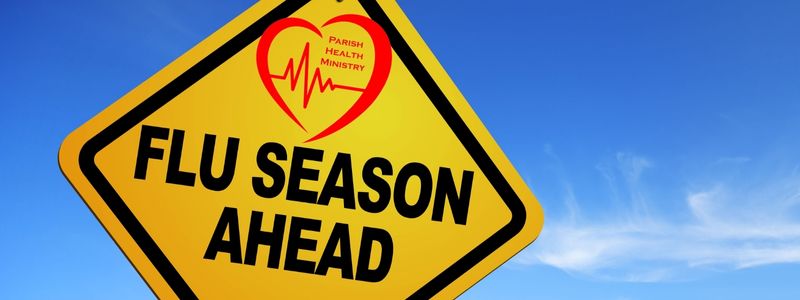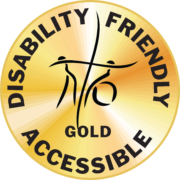Two vaccines are now being offered to prevent COVID-19. Pfizer-Biontech and Moderna vaccines have been released under Emergency Use Authorization (EUA) by the FDA. Both are messenger RNA vaccines (mRNA) which work by teaching our cells how to make a protein that triggers an immune response. The mRNA from the vaccine does not enter the nucleus of the cell, which is where our DNA is kept. This means the mRNA cannot affect or interact with our DNA in any way. COVID-19 mRNA works with the body’s natural defenses to safely develop immunity. These vaccines were >90% effective in clinical trials.
Two doses required. Pfizer vaccine is given 3 weeks apart, Moderna vaccine is 4 weeks apart. Both doses must be from the same manufacturer. You will receive a vaccination card with your first dose documenting manufacturer and lot number for the product you received. Take a picture of it to serve as a back-up. You will need to present it when getting the second dose and information from that dose will be added.
Allergic reactions are possible but rare. As with any vaccination, you will be asked to remain in the area for 15 minutes afterwards in case a severe reaction occurs. If you have a history of severe allergic reactions, you will need to stay for 30 minutes. Unlike other types of vaccines, these do not contain eggs, preservatives, or latex.
Side effects are most common after the second dose. These flu-like symptoms are usually gone after 36-48 hours. Some vaccine centers are advising to avoid premedicating with acetaminophen (Tylenol) and anti-inflammatory drugs (Advil, Aleve, Naprosyn, ibuprofen, aspirin, etc.) and avoid for 6 hours after the vaccine. This is due to concerns these drugs might decrease your response.
How can I get a vaccine? There is a master plan based on specific groups because of limited availability. These two companies are working to supply not only the U.S. but countries around the world. Three more U.S. companies have a vaccine in clinical trials. Visit COVID-19 Vaccine Information | TN COVID-19 Hub and look at COVID Vaccine FAQs to find “How do I know when it’s my turn to receive the vaccine and how do I register?
Health Departments are scheduling appointments as they receive shipments. You do not have to be vaccinated in the county where you live. However, you should return to the same location for the second dose to ensure it is from the same manufacturer. More information can be found at County Vaccine Information – TN COVID-19 Hub.
Some Health Care Systems are partnering with Health Departments to offer vaccines to the public. Check with Covenant Health at COVID-19 Vaccines for Older Patients I Covenant Health to see when additional vaccination clinics will be available. If your primary care provider is part of the UT Health System you should contact their office to schedule a vaccine appointment at the medical center.
Pharmacies are currently vaccinating long term care and assisted living facilities but should have doses for the public when that phase is completed.
Get the vaccine even if you have had COVID-19. Duration of natural immunity (from actual infection with the virus) is not known. There are reports of re-infections occurring more than 90 days after the initial one.
Continue to wear a mask and follow precautions as before vaccination! It takes about 2 weeks after the second dose to achieve protection. And, there is not enough data at this time to know how long immunity lasts. There is also concern that an immunized person can be exposed to the virus and then shed it to others but not become infected themselves.
Women who are pregnant or considering pregnancy should speak with their doctor. Current guidelines from obstetric organizations recommend the vaccine, stating benefits outweigh risks. However, it is always best to discuss with your doctor to ensure you have the most up-to-date information.
Remember members of your Parish Health Team are available for help with questions or concerns! You may leave a message with the church office to request a call.
Submitted by: Vicky Shelton D.Ph.; Cathy Goff MSN, RN; and Kathleen Harwell MSN, MBA
Learn more about the Parish Health Ministry Team here.




